Giant and Large Breed Dogs and Puppies
Big dogs seem strong, bold, and robust. But, in reality, giant dog breeds are more fragile than medium sized dogs! That’s because of their phenomenal growth rate as puppies, which puts them at a high risk of bone and joint problems.
So, if you’re considering a giant breed dog, the first thing you need to know is this: they are often gentle, low energy and very chilled out, which makes for a beautiful family pet. You don’t need to live on a property and walk 20 kms a day to accommodate one!
Having said that, not every family or home is the right fit for a giant breed dog. They have some very unique needs due to their size, which you need to be aware of to ensure your dog grows up healthy and strong.
COST
Big puppies need bigger things, like crates, beds, toys, collar, leash etc. Your big puppy will also eat way more than a medium sized dog, and essentials like flea and tick treatments will cost more because they’re dosed according to weight. You need to ensure you are prepared financially to care for your giant breed.
TRAINING
While it’s very important to train any dog, it’s critical with giant breed dogs. Because of their size, they can be rambunctious and so playful that they can accidentally injure their owners or other dogs.
HEALTH
Giant breeds grow very rapidly, but they take a long time to reach physical maturity. They develop quite slowly and, during the adolescent stage, puppies can look very gangly and skinny. It’s important not to over feed during this time, putting undue stress on their developing joints. Giant breeds don’t reach full maturity until around 18 months, so it’s important to allow your puppy to develop as nature intended so they grow to be healthy and strong.
EXERCISE
It’s extremely important to take it easy with exercise and play time for the first six to 12 months, minimum. The rapid growth that your puppy is experiencing means your pup is at risk of injury if exercised too strenuously. Short walks several times a day, moderate indoor and outdoor play and lots and lots of socialisation are key priorities at this stage.
BONES AND JOINTS
Giant and large dog breeds are at greater risk of hip dysplasia and other joint, bone and ligament problems than medium size dogs. Protect your puppy by avoiding jogging or running on hard surfaces; and jumping from any significant height such as your car, lounge or bed; and playing on slippery surfaces like tiles
For personalised advice, come into the practice and chat to us about your giant breed. With the correct exercise, diet and a scientifically-proven joint health supplement like 4CYTE, your puppy will grow up to be a big, healthy, happy dog. You can also call us if you’re thinking about adding a giant breed dog to your family – we’re more than happy to help!
